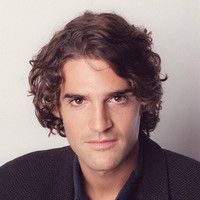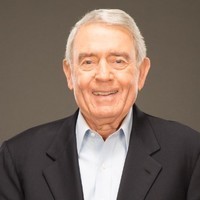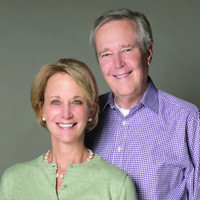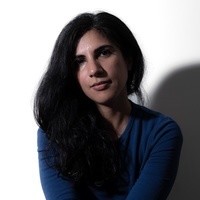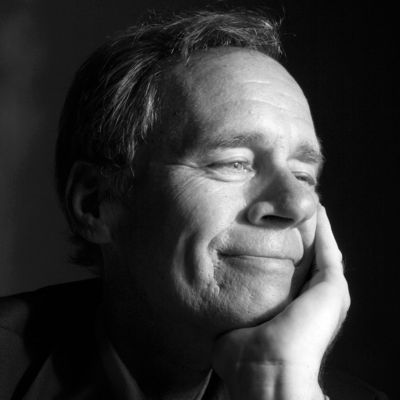Jeffrey Gettleman is the East Africa Bureau Chief for the New York Times and the author of Love, Africa: A Memoir of Romance, War, and Survival.
“I’m not an adventure-seeking adrenaline junky. I like to explore new worlds, but I’m not one of these chain-smoking, hard-drinking, partying types that just wants thrills all the time. And unfortunately that’s an aspect of the job. And as I get older and I’ve been through more and more, the question gets louder. Which is: Why do you keep doing this? Because you feel like you only have so many points, and eventually the points are going to run out.”
Thanks to MailChimp, V by Viacom, 2U, and Kindle for sponsoring this week's episode.
